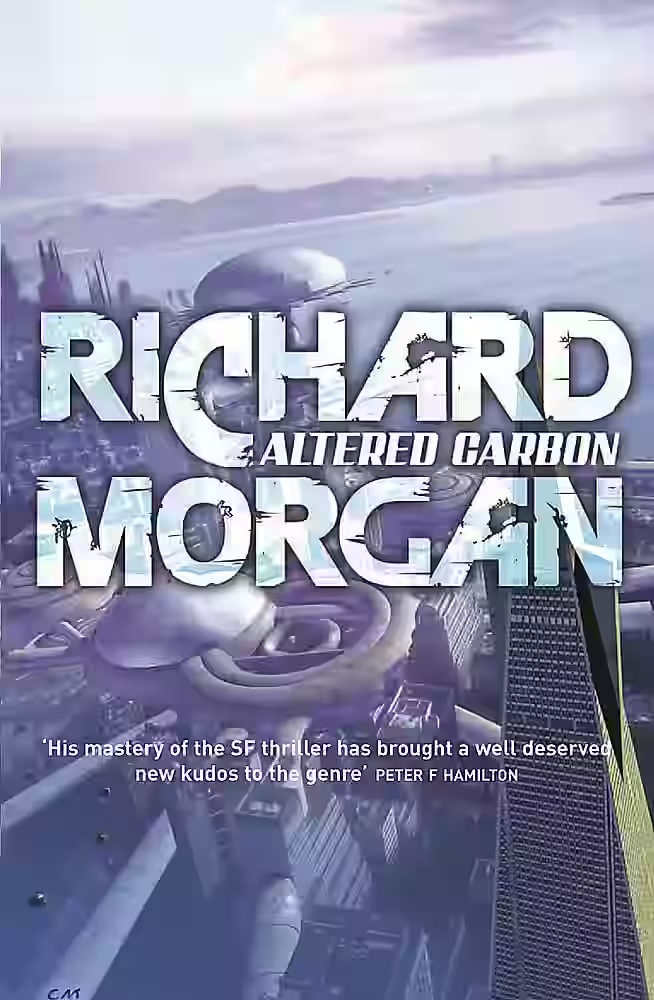
In Richard K. Morgan's 'Altered Carbon,' readers are plunged into a futuristic world where consciousness can be transferred to different bodies, or 'sleeves,' challenging notions of identity and mortality. The story follows Takeshi Kovacs, an ex-soldier turned private investigator, as he navigates a gritty, noir-inspired investigation into a wealthy man's murder. As Kovacs delves deeper into the case, he unravels a complex web of corruption, power struggles, and betrayal. The novel seamlessly combines elements of science fiction, cyberpunk, and hardboiled detective fiction, offering a thought-provoking exploration of themes like technology, ethics, and societal inequality.
About Takeshi Kovacs Series
Set in a future where human consciousness can be digitized and transferred between bodies ("sleeves"), the Takeshi Kovacs series explores identity, mortality, and corruption. The series begins with Altered Carbon, following Kovacs, a cynical ex-soldier turned private investigator, as he's hired to solve a wealthy man’s murder in a dystopian, neon-lit world. Morgan blends cyberpunk grit with noir detective tropes, challenging notions of self and soul. The sequels, Broken Angels and Woken Furies, further unravel Kovacs’ past and the ethics of technology and war. The series is noted for its brutal action, existential themes, and philosophical undercurrents.
About Richard K. Morgan
Richard K. Morgan, born in 1965 in London, is a renowned British author known for his groundbreaking contributions to the science fiction and fantasy genres. He earned a degree in history from Queens' College, Cambridge, before diving into writing. Morgan's dark and gritty writing style, infused with elements of cyberpunk and hardboiled detective fiction, has garnered him worldwide acclaim. His debut novel 'Altered Carbon' (2002) swept both readers and critics off their feet, winning the prestigious Philip K. Dick Award. The novel, exploring themes of consciousness, identity, and power, has since been adapted into a popular Netflix series. Morgan's works, such as 'Broken Angels' and 'Black Man,' continue to push the boundaries of the genre, earning him a dedicated fan base and solidifying his place as a modern master of speculative fiction.
Similar Books
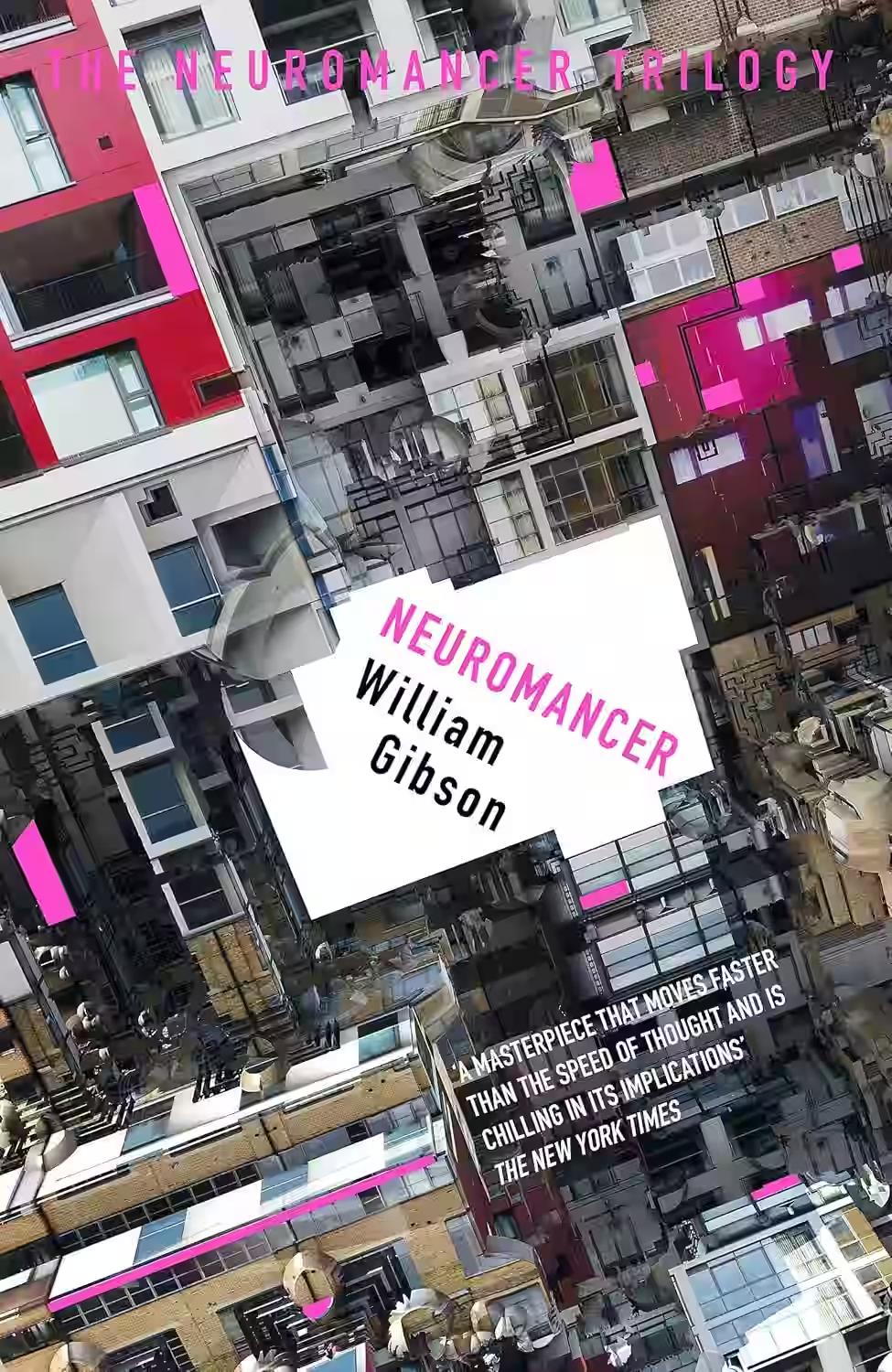
Neuromancer
Series: Sprawl Trilogy (#1)
In William Gibson's 'Neuromancer,' readers are thrust into a dystopian future where cybernetic enhancements and virtual reality reign supreme. The story follows Case, a washed-up computer hacker, who is given a chance at redemption by a mysterious employer. As Case delves deeper into the virtual world, he uncovers a complex web of deceit and power struggles that blur the lines between reality and illusion. Exploring themes of artificial intelligence, corporate greed, and the nature of humanity, 'Neuromancer' is a groundbreaking work of science fiction that set the standard for cyberpunk literature. Gibson's gritty prose and visionary ideas make this a must-read for fans of the genre.
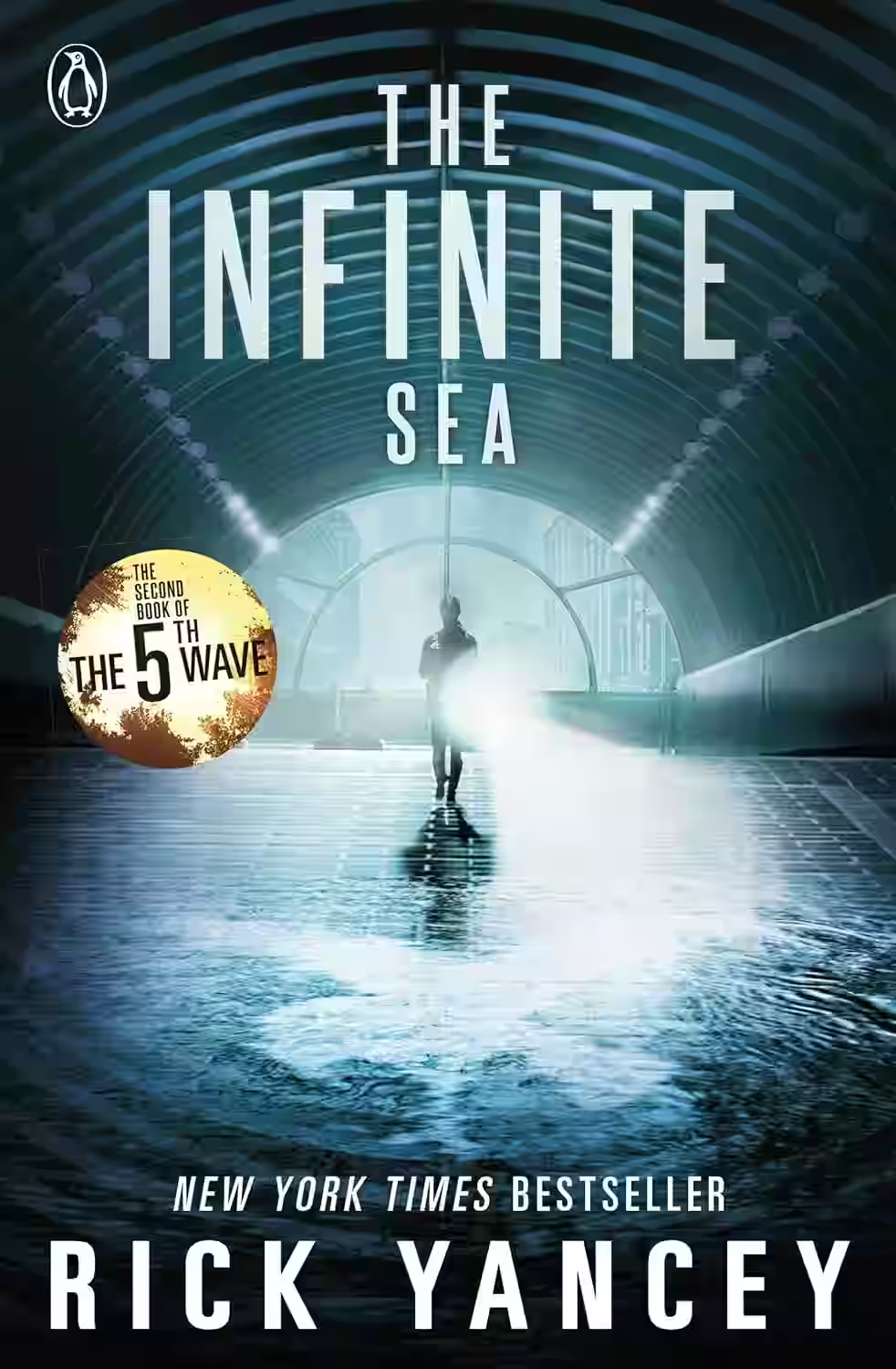
The Infinite Sea
by Rick Yancey
Series: The 5th Wave (#2)
Rick Yancey's 'The Infinite Sea' continues the fast-paced, thrilling journey begun in 'The 5th Wave.' As the second installment in the series, it delves deeper into the psychological and physical battles faced by the human survivors of an alien invasion. The story centers around Cassie Sullivan and her group of young warriors as they grapple with trust, betrayal, and survival in a world where every move could be their last. Yancey seamlessly blends intense action with poignant moments of humanity, exploring themes of resilience, sacrifice, and the depths of human emotion. His vivid writing keeps readers on the edge of their seats, delivering both suspense and thought-provoking questions about what it truly means to be human. A gripping continuation that sets the stage for an explosive conclusion.
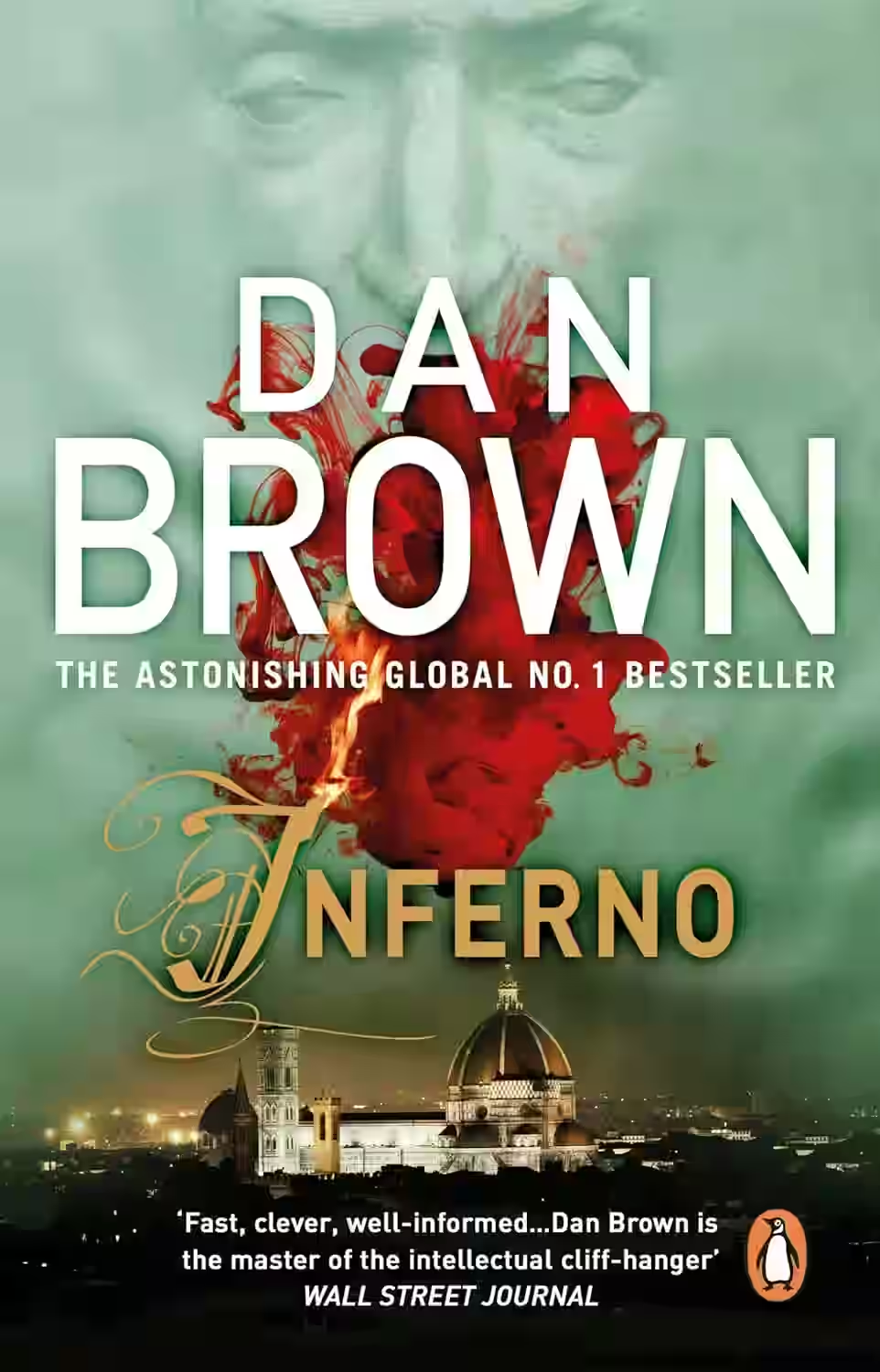
Inferno
by Dan Brown
Series: Robert Langdon (#4)
In Dan Brown's 'Inferno,' readers are taken on a gripping journey through the streets of Florence and the mind of renowned symbologist Robert Langdon as he unravels a mystery tied to Dante's epic poem, 'Inferno.' Fueled by a race against time, the novel dives into themes of bioethics, overpopulation, and the consequences of playing god. As Langdon deciphers cryptic clues, the intricate plot twists keep readers on the edge of their seats. Brown seamlessly weaves history, art, and science into a heart-pounding thriller that challenges moral boundaries and forces contemplation on the future of humanity.
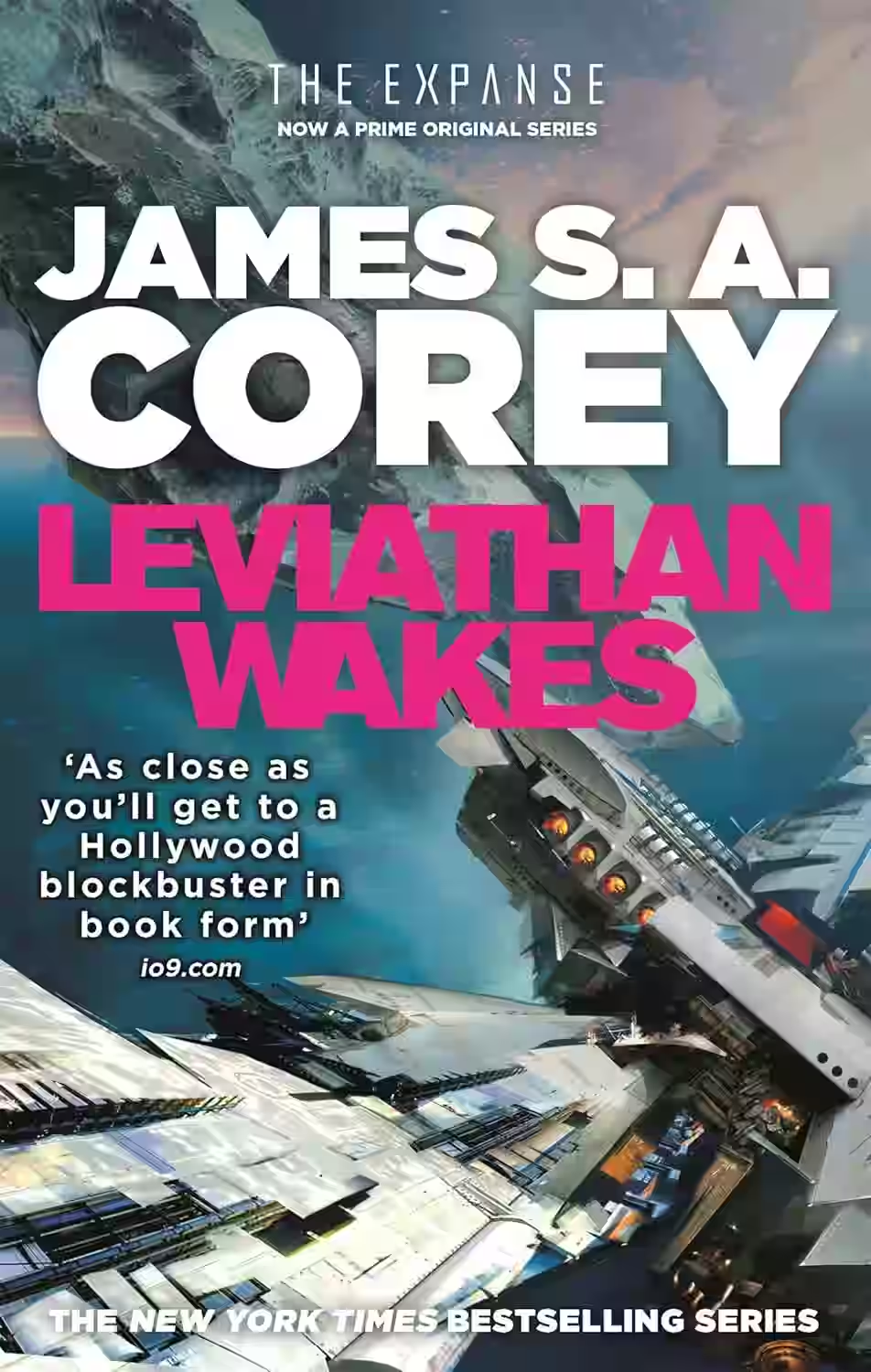
The Expanse: Leviathan Wakes
Series: The Expanse (#1)
In 'The Expanse: Leviathan Wakes' by James S. A. Corey, readers are taken on a thrilling sci-fi journey set in a future where humanity has colonized the solar system. The story follows detective Miller and ship officer Holden as they unravel a conspiracy that could ignite interplanetary war. Packed with political intrigue, space opera elements, and impeccable world-building, the novel explores themes of power, survival, and morality against the backdrop of a vast and volatile universe. With its well-crafted characters, fast-paced plot, and intricate storytelling, 'Leviathan Wakes' grips readers from the first page to the last, making it a must-read for sci-fi enthusiasts.